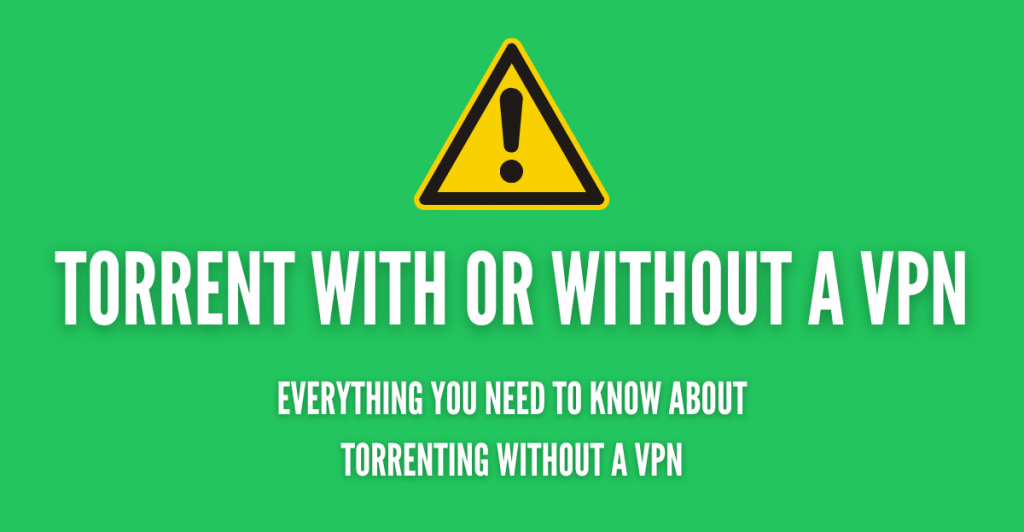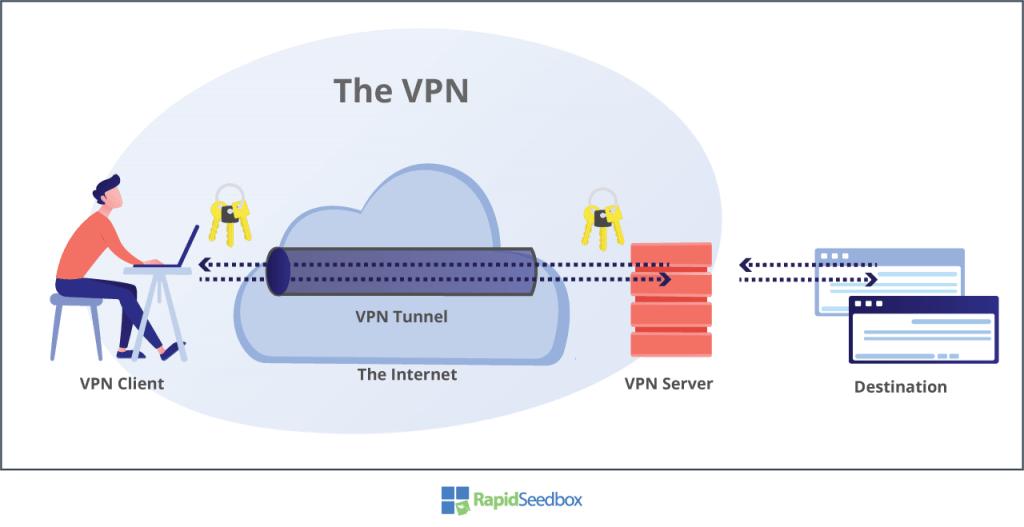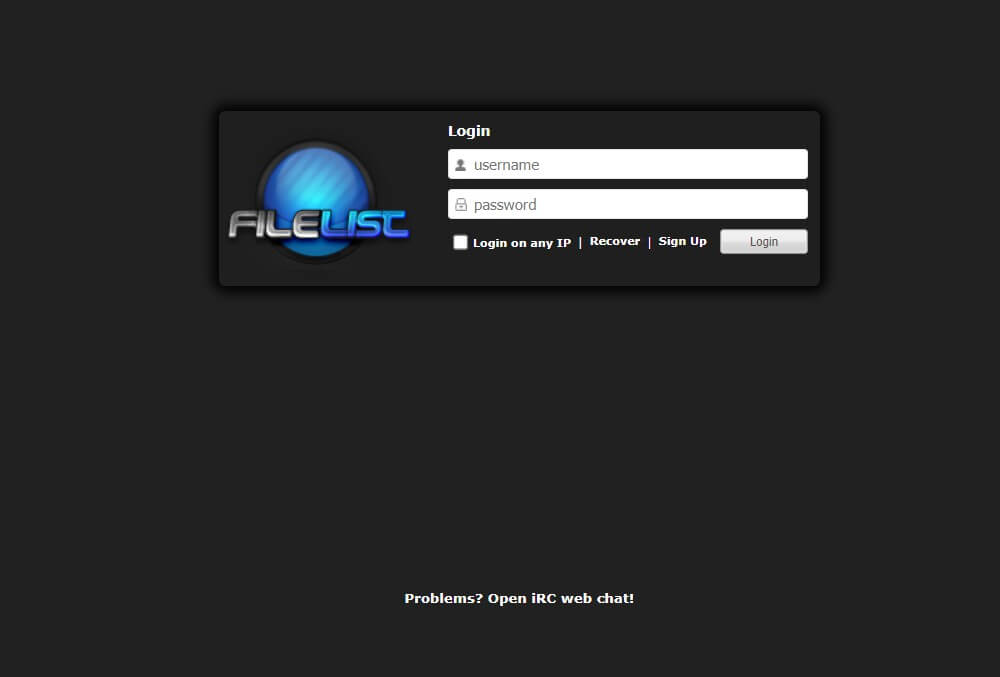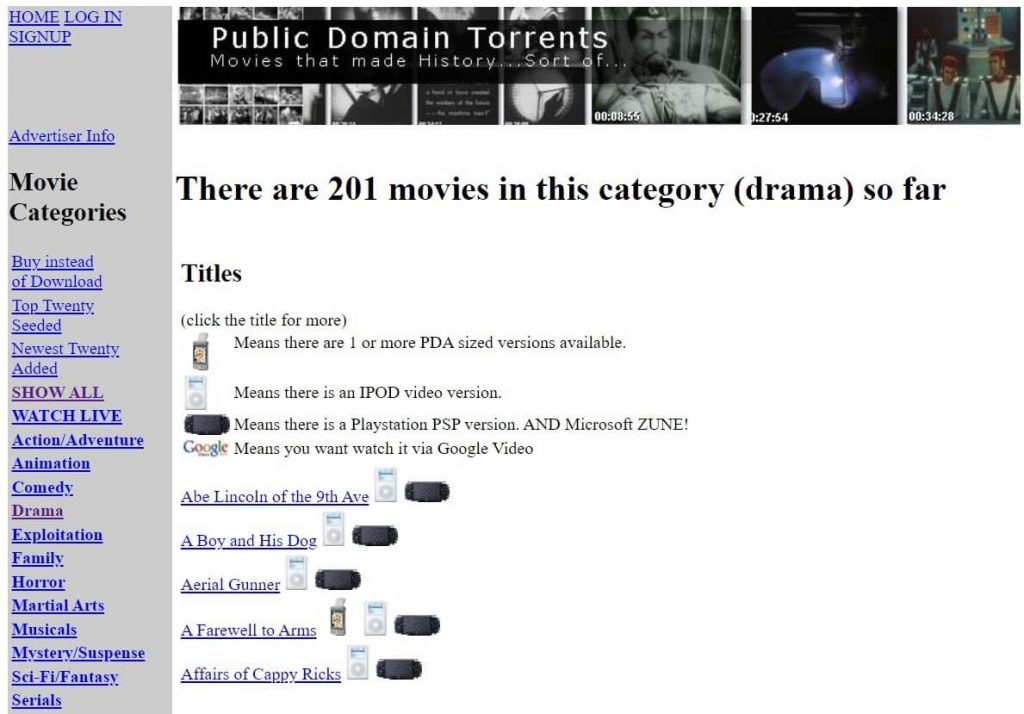From movies and music to software and educational resources, torrents have democratized access to a vast array of information. But torrenting comes with some risk, so is it safe to torrent without a VPN, and if so, how?
It isn’t just the risk of inadvertently downloading malware, but torrenting often walks a fine line between legal and illegal. As digital surveillance grows more sophisticated, we must emphasize online privacy and security.
Whether you’re a seasoned torrent user or new to the game, it’s time to weigh the facts and make informed decisions.

Disclaimer: This material has been developed strictly for informational purposes. It does not constitute endorsement of any activities (including illegal activities), products or services. You are solely responsible for complying with the applicable laws, including intellectual property laws, when using our services or relying on any information herein. We do not accept any liability for damage arising from the use of our services or information contained herein in any manner whatsoever, except where explicitly required by law.
Table of Contents
- Understanding the Legal Landscape of Torrenting
- The Problem: Can You Identify Copyright Material?
- How to Torrent Without a VPN
- So… Should I Use a VPN Instead?
- How to Choose the Right VPN for Torrenting
- Risks of Getting Caught Torrenting Illegal Content
- Final Thoughts
- FAQ on Torrenting Safety
1. Understanding the Legal Landscape of Torrenting
Torrenting is merely a mechanism for peer-to-peer file sharing. The act itself isn’t illegal. It’s akin to a communal marketplace where everyone can learn where to obtain the goods they want.
The problem is when torrenting provides access to illegal goods. For example, anything that would violate copyright laws and intellectual property rights. Because of this, it can be inherently risky to torrent without acute knowledge of associated laws.
When is Torrenting Legal?
There are numerous legitimate and legal applications for torrenting. Open-source projects, independent artists releasing their work, and creators distributing large files often use torrents due to their efficiency.
For example, Linux distributions are often available via torrents to ease the strain on their servers. When you download a Linux OS this way, you’re experiencing a perfectly legal use of torrenting.
2. The Problem: How Accurately Can You Identify Copyright Material?
At first glance, identifying copyrighted material would be straightforward. If it’s a blockbuster movie, a chart-topping song, or a bestselling book, it must be copyrighted, right?
However, the digital landscape is more nuanced than it seems, and the copyright status of much material can be challenging to identify. Take the following scenarios into consideration as some food for thought;
- Misleading Titles and Descriptions
- Fair Use, Parodies, and Derivative Works
- Unintended Downloads and Bundled Content
The Challenge of Verification
Given these complexities, the onus often falls on the downloader to verify the copyright status of content before downloading. This task can be daunting, especially given the sheer volume of content available and the lack of clear labeling on many torrent platforms.
If you’re looking to download a movie labeled as “public domain” on a torrent site, you’d be wise to cross-check that claim with a reputable source or database that lists public domain films.
3. How to Torrent Without a VPN
Since we’re clear on the risks that torrent fans can run into, let’s discuss solutions. Whether due to cost, complexity, or the quest for alternative methods, some of you will no doubt wish to torrent without a VPN.
There are several ways this can be done;
Option 1: Torrenting on Private Trackers
Private trackers are torrent websites that require registration and, often, an invitation to join. Opting for private trackers can be a safer harbor for those choosing to torrent without the shield of a VPN.
The controlled nature of private trackers brings several benefits. For starters, they generally enforce stricter sharing rules and ratios, ensuring that users contribute to the community rather than merely downloading files.
This reciprocity fosters a sense of responsibility and discourages malicious uploads. Additionally, since these communities are smaller, there is a lower risk of encountering compromised files, and the chances of being monitored by external entities are reduced.
Some examples of private torrent trackers include;
- Filelist.io
- Torrentleech
- IPtorrents
- PassThePopcorn (PTP)
- BroadcasThe.Net
However, getting access to a private tracker can be supremely challenging. Users of these services know they have a good thing going and will do their best to protect the service. That means keeping it as exclusive as possible.
Option 2: Only Torrenting Legal Files
Legal torrents are files made available for free download by the content creators themselves, often for distribution or promotion—these range from open-source software and indie games to Creative Commons videos and music.
Unlike their copyrighted counterparts, these files can be downloaded without fearing legal repercussions, making them a solid option for those avoiding VPNs.
Embracing legal torrenting is a testament to respecting the rights of content creators while enjoying the benefits of the torrenting ecosystem. It is a testament to responsible digital citizenship that aligns with legal frameworks and ethical standards.
However, this option severely limits what’s available to torrent fans. Many legal torrent files are usually available for direct HTTP download, which is also generally faster.
If you’re looking for legal files to torrent without a VPN, consider these sites;
- Jamendo (for royalty-free music) – [Jamendo Review]
- Public Domain Torrents
- Internet Archive (for eBooks and Audiobooks)
Option 3: Proxy Servers as a VPN Alternative
A proxy server acts as an intermediary between your device and the internet. It hides your IP address much like a VPN, but it differs in significant ways. Unlike a VPN, a proxy does not encrypt your entire internet connection [VPN vs Proxy].
It only anonymizes the traffic that goes through the proxy server itself, which can include your torrenting activities. This means while your torrenting activities are masked, other online activities are not protected.
The lack of end-to-end encryption means your activities can be intercepted by cybercriminals or scrutinized by ISPs. But, although proxies can be less secure than VPNs, they are generally more reliable and faster than VPNs. [Learn how to setup a proxy on your torrent client- proxy]
Most options to torrent without a VPN aren’t precisely the most palatable.
4. So… Should I Use a VPN Instead?

We understand that you may be keenly interested in ways to torrent without a VPN. However, it’s crucial to understand the role VPNs play in safeguarding torrenting activities.
A Virtual Private Network or VPN acts as a protective shield for your online activities. At its core, a VPN establishes an encrypted connection between your device and a remote server operated by the VPN service.
All your internet traffic then passes through this encrypted tunnel, ensuring your online actions remain private and secure from prying eyes. There are several benefits that these tools offer, including;
- Masking Your IP Address
- Bypassing ISP Surveillance
- Encrypting your data
Are privacy and security your top priorities when torrenting?
RapidSeedboxVPN offers you peace of mind with state-of-the-art encryption and anonymous browsing capabilities. Ensure your online activities remain private and your data secure.
5. How to Choose the Right VPN for Torrenting
Torrenting and streaming demand a specific set of features from a VPN. Not every VPN is tailored to the needs of torrents, and choosing the right VPN can make all the difference. Here’s what you need to consider:
a. Speed and Performance
A VPN’s speed is crucial for torrenting. Slow connections can hinder download times and affect streaming quality. Always look for VPNs known for high-speed connections and consistent performance.
b. Background in Torrenting and Streaming
A VPN provider with a track record in the torrenting and streaming business typically offers optimized servers for these activities. Such a provider understands torrents’ challenges and crafts solutions to address them. One clear recommendation is to look for service providers that offer torrent servers or seedboxes.
c. Servers and Global Coverage
A vast network of servers spread across various regions ensures that users can always find a server optimized for torrenting. Additionally, more servers mean less load, leading to faster speeds. Global coverage also offers the advantage of bypassing geo-restrictions.
d. Support for P2P Activities
It’s essential to choose a VPN that explicitly supports P2P activities. These VPNs not only allow torrenting but also ensure that their infrastructure is optimized for fast and secure downloads.
For example, one sign of an excellent VPN service provider would be an offer of proxy services in addition to their standard VPN services. Proxies can provide another layer of anonymity, allowing users to mask their IP addresses without encrypting all their traffic.
e. Dedicated Infrastructure
VPN providers that invest in dedicated infrastructure ensure their servers are optimized for torrenting and streaming. This translates to faster download speeds, reduced lag, and a more reliable connection.
6. Risks of Getting Caught Torrenting Illegal Content
One of the most immediate risks when torrenting without protective measures is exposing your IP address. When that happens, many bad things can happen, regardless of your location worldwide.
Legal Repercussions and Hefty Fines
Depending on the jurisdiction, getting caught torrenting copyrighted material can lead to severe legal consequences.
Many countries have stringent copyright laws, and copyright holders are increasingly aggressive in protecting their rights. Individuals might face lawsuits and, if found guilty, hefty fines or even jail time in extreme cases.
ISP Penalties and Bandwidth Throttling
Many Internet Service Providers (ISPs) have policies against illegal torrenting. If they detect such activities, they might issue warnings, throttle your internet speed, or, in severe cases, terminate your service.
Some ISPs might even share your data with copyright holders or authorities.
Damaged Reputation and Future Opportunities
Being caught and legally penalized for torrenting can have long-lasting implications on one’s reputation. Such legal marks appear in background checks, potentially affecting future employment opportunities or personal relationships.
7. Final Thoughts
In a world where content is just a click away, torrenting has become a dominant force in file-sharing. Its efficiency and accessibility make it appealing to many. Yet, as we’ve explored, the world of torrenting is riddled with complexities.
While the allure of vast content libraries beckons, it’s paramount to tread cautiously, understanding the risks involved and the protective measures available.
Using a VPN tailored for torrenting is not just about evading potential repercussions; it’s about championing a safer, more private online experience. The most vital part of this is ensuring you choose the right VPN service provider.
Tired of facing slow connections while torrenting?
It’s time to switch to RapidSeedboxVPN, where limitations disappear and possibilities unfold. Enjoy unlimited bandwidth and unrestricted access to all your favorite content.
8. FAQ on Torrenting Safety
While it’s more challenging, privacy can be partially maintained by using private trackers, proxy servers, and seedboxes, which can offer varying levels of anonymity by hiding your IP address from the public.
Yes, you can legally download torrents that are either in the public domain or have been made freely available by the creators. Websites like the Internet Archive and legitimate software repositories are excellent sources for legal torrents.
While both VPNs and proxies mask your IP address, a VPN also encrypts your internet connection. On the other hand, a proxy only reroutes your connection without the added encryption, making it faster but less secure. What to know more? check out our VPN vs proxy: six differences that you should know about.
Invitations to private trackers can be obtained through community participation, existing members, or during open sign-up periods. Some private trackers also conduct interviews to vet potential members.
A seedbox is a private server used for torrenting that can download and upload torrents on your behalf. You can then securely download files directly from the seedbox via an encrypted connection, which helps maintain your privacy.


0Comments